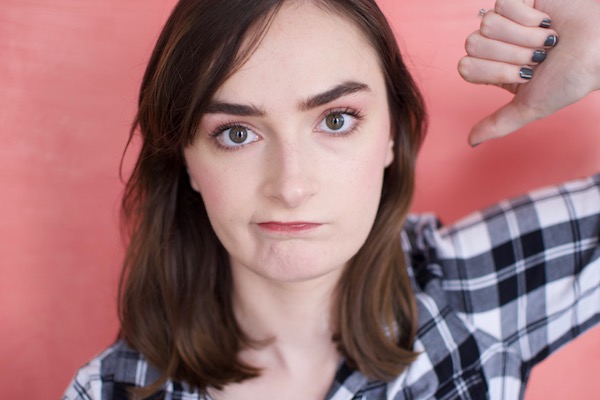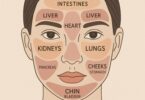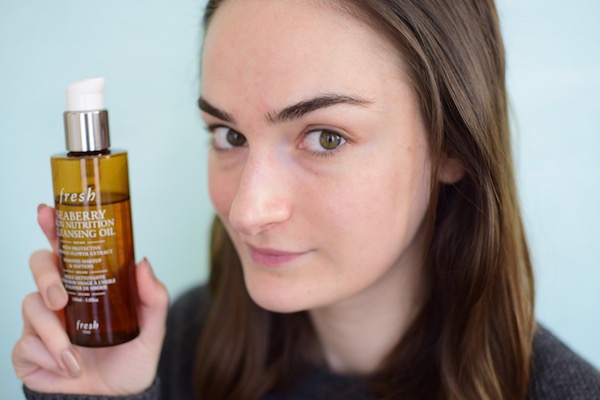Did you know you can get treated with Botox for depression?
Listen, depression is no joke. If you’re feeling depressed, seeing a doctor to help you find the right treatment for you is critical. Depression is different for different people, there isn’t just one treatment path and you’re cured. One possible way is to use Botox for depression. Don’t be so shocked though, because Botox is used for all sorts of non-aesthetic things these days, and we even recently covered how Botox for headaches is taking off.

If you’re experiencing depression, please see your doctor.
You read that right. Botox, the wonder drug that can keep your face from ravages of time, can also aid in depression treatment.
Botox for depression research
Using Botox for depression was started by Doctors Eric Finzi and Norman Rosenthal. Their research started in 2006 with a small pilot study. It was kicked off by anecdotal evidence that patients who received Botox in the eyebrow area experienced better moods.

Furrowed brows can start the bad mood vicious cycle.
Essentially, patients with low moods exhibited outwardly (furrowed brows, raised brows, etc) are unable to make the same expressions when Botox is used. They theorized that using Botox to freeze those muscles can stop the vicious cycle of “facial feedback.” Meaning that when you feel depressed and make depressed expressions it reminds your brain that you’re feeling depressed and thus the cycle is created.
“There appears some merit to the idea that facial expression and mood are a bidirectional feedback loop,” says Joshua Zuckerman, MD, FACS. But, don’t go setting dermatologist appointments quite yet. Using Botox for depression is not FDA approved and Zuckerman said he would need to see more larger studies to fully support the idea, “But it does not seem without merit.”
The studies done so far researching the link between Botox use and depression has topped out at 74 patients. Zuckerman noted that the study that got the FDA to approve the use of Botox for migraines had 1,384 patients over 122 different sites.
READ MORE: 10 Plastic Surgeries with the Most Immediate Payoffs
Who can use Botox for depression?
Doctor Alexander Rivkin can see Botox treatment working for more than depressive moods. “At this point patients suffering from anxiety disorders and anger disorders have not been studied with Botox, but it seems that they would also benefit from the treatment.”
No matter if you are getting Botox for cosmetic reasons or otherwise, this treatment will last around three months. Rivikin says “sometimes those three months are enough to trigger a recovery from the depressive episode and a re-establishment of a normal mood. For others, it takes several treatments.”
It is unlikely that your insurance will cover the cost of Botox for depression because it is not yet FDA approved.
Love this article? For more beauty, style, travel, and trending topics check out The Luxury Spot on Facebook. Like us and we’ll love you back!








